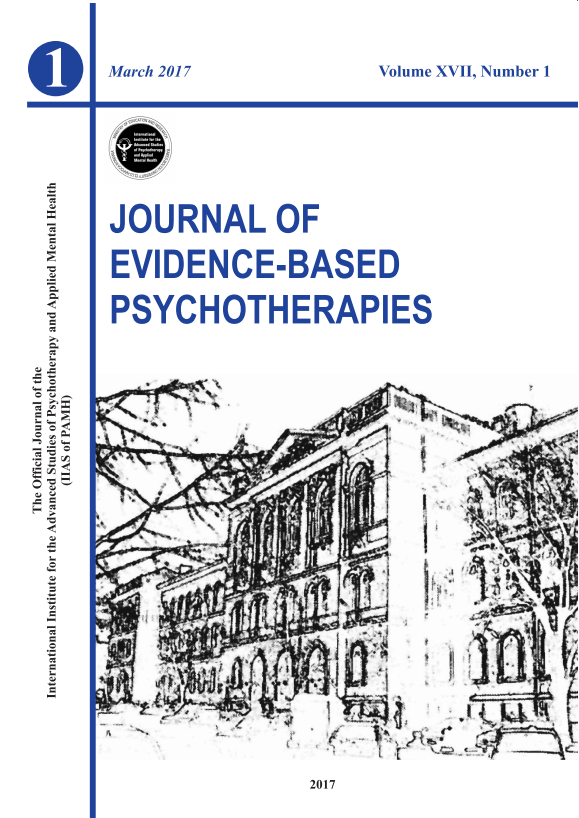Daniel DAVID*1,2, Carmen D. COTEȚ1, Aurora SZENTAGOTAI1, James McMAHON3, Raymond DIGIUSEPPE4
1Babeş–Bolyai University, Cluj-Napoca, Romania
2Icahn School of Medicine at Mount Sinai, New York, USA
3Albert Ellis Institute, New York, USA
4St. John’s University, New York, USA
Abstract
Unconditional acceptance (i.e., of self, others, and/or life) represents the rational counterpart of the irrational belief of global evaluation, a key construct of rational emotive behavior therapy (REBT). As relating the “self”, the concept of self-esteem can refer to global self-esteem (i.e., global evaluation of the self-like “I am a worthless person.”) and/or to specific self-esteem relating specific domain evaluation of the self (e.g., “I am a bad mother.”). In this study, we propose a new delineation between philosophical unconditional acceptance and psychological unconditional acceptance. While philosophical self-acceptance represents a counterpart to global self-esteem, psychological self-acceptance represents the rational variant of specific self-esteem. However, up to now this distinction has not been made explicit and studied accordingly. We addressed this problem by reporting the initial development and psychometric properties of the Unconditional Acceptance Questionnaire (UAQ), a scale measuring unconditional acceptance of the self, others, and life and differentiating between psychological acceptance and philosophical acceptance. The UAQ emerged as a valid candidate for measuring unconditional acceptance as a rational secondary appraisal mechanism. Theoretical and practical implications are discussed along with suggestions for future studies to develop and test the new proposed constructs and the new questionnaire.
Keywords: self, unconditional acceptance, mental health, rational emotive behavior therapy, questionnaire, philosophical unconditional acceptance,
psychological unconditional acceptance
